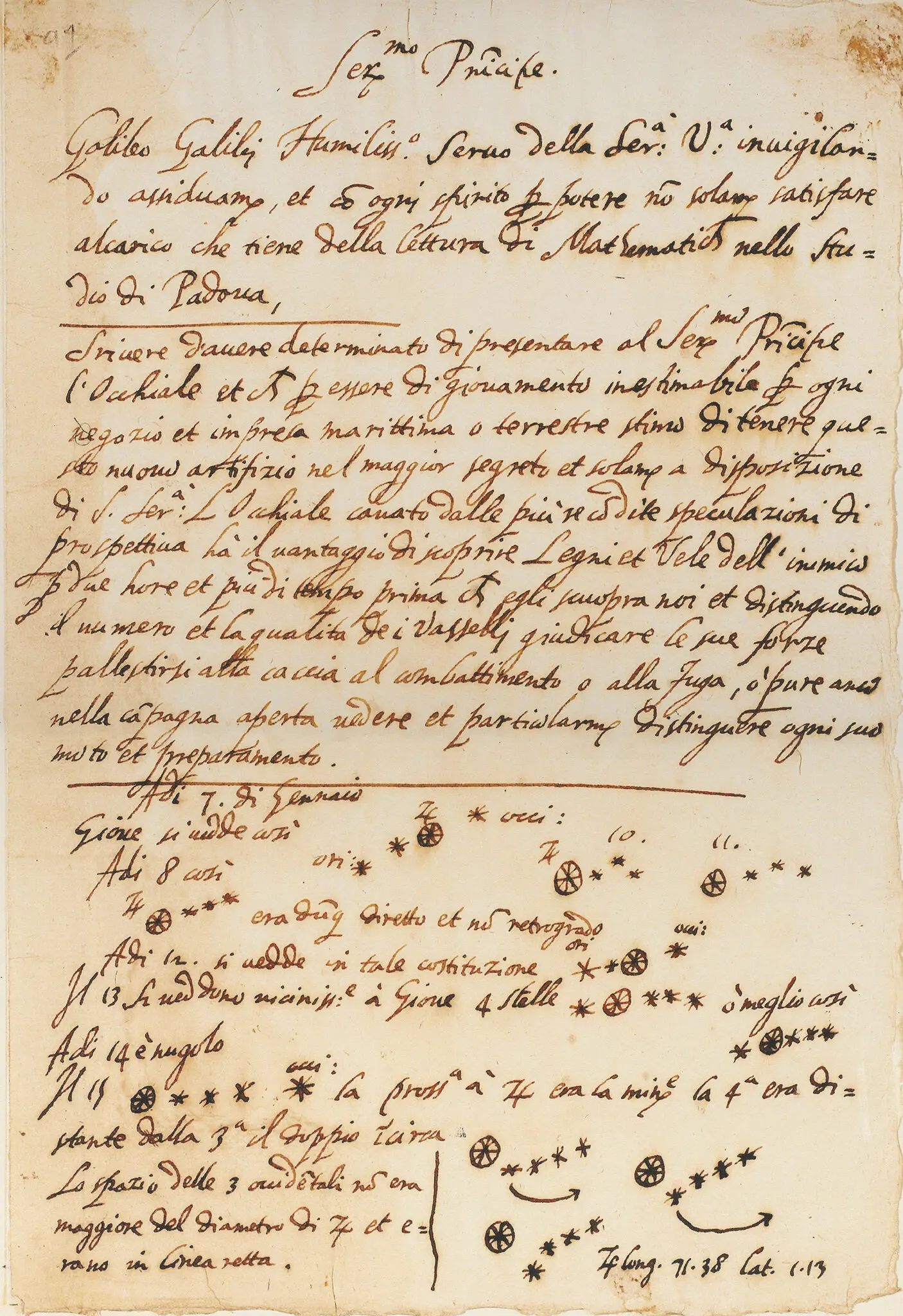Saudi woman given 34 years in prison for using Twitter

Salma al-Shehab, a 34-year-old Saudi student at Leeds University who had returned home to the kingdom for a holiday, has been sentenced to 34 years in prison for having a Twitter account and for following and retweeting dissidents and activists, the Guardian reports. Al-Shehab, a mother of two young children, was initially sentenced to serve three years in prison for the “crime” of using an internet website to “cause public unrest and destabilise civil and national security”. But an appeals court on Monday handed down the new sentence after a public prosecutor asked the court to consider other alleged crimes.
A Royal Family Feuds Over Who Should be King of the Zulus
Misuzulu Sinqobile Zulu, 47, carries himself like a king. He is the son of King Goodwill Zwelithini, who died last year after a 50-year reign, and a descendant of the family of King Shaka Zulu, whose bloody conquest to unite the Zulu kingdom two centuries ago has made him something of a mythic figure in popular culture. But Misuzulu’s claim as their successor is hotly contested, the New York Times says. His father left behind more than a dozen sons. And although Misuzulu has received the blessing of several powerful members of the royal family, as well as the president of South Africa, some of his relatives — including uncles, aunts and siblings — have cast him as a reckless playboy unfit to lead them.

Janet Jackson had the power to crash laptop computers
Microsoft engineer Raymond Chen shares a strange story from Windows support (hat tip to David Weinberger for passing this on): "A major computer manufacturer discovered that playing the music video for Janet Jackson’s “Rhythm Nation” would crash certain models of laptops. And then they discovered something extremely weird: Playing the music video on one laptop caused a laptop sitting nearby to crash, even though that other laptop wasn’t playing the video! It turns out that the song contained one of the natural resonant frequencies for the model of 5400 rpm laptop hard drives that they and other manufacturers used."

Quentin Tarantino’s Battle to Make NFTs from ‘Pulp Fiction’
Last year, Tarantino made plans to release NFTs based on the picture, and was sued for doing so by Miramax, the studio that released “Pulp Fiction.” Tarantino owns the copyright to the screenplay for the movie, but the studio, which owns the copyright to the movie, believes its claims extend to technology that wasn’t even created in the era when John Travolta turned heads by dancing with Uma Thurman in one of the film’s most memorable scenes. The lawsuit over this case is wending its way through federal court in Los Angeles.

Town Sued After Police Chief Bragged About Killing Black People
A civil rights advocacy organization on Tuesday filed a lawsuit against the town of Lexington, Mississippi, and called for a federal investigation into what it described as “systemic, condoned racism” from the town’s government and police department. The group filed the suit after recordings surfaced of Sam Dobbins, who was police chief in the town at the time, using racial and homophobic slurs and bragging about killing multiple people as a police officer. In the recording, Dobbins describes shooting a Black man in a cornfield. “I shot that n****r 119 times, OK?” he says in the expletive-laden recording.

A Watermark, and ‘Spidey Sense,’ Unmask a Forged Galileo Treasure
For decades the University of Michigan Library has prized a manuscript related to Galileo's discovery of the moons of Jupiter, describing it as “one of the great treasures” in its collection. At the top is the draft of a letter signed by Galileo describing the new telescope, and on the bottom are sketches plotting the positions of the moons around Jupiter — “the first observational data that showed objects orbiting a body other than the earth,” the library described it. But the university recently discovered that its treasured manuscript is a 20th-century forgery.

A great Twitter thread about how your brain fakes what you're seeing
You want to know something about how bullshit insane our brains are?
— foone (@Foone) July 3, 2018
OK, so there's a physical problem with our eyes: We move them in short fast bursts called "saccades", right? very quick, synchronized movements.
The only problem is: they go all blurry and useless during this



